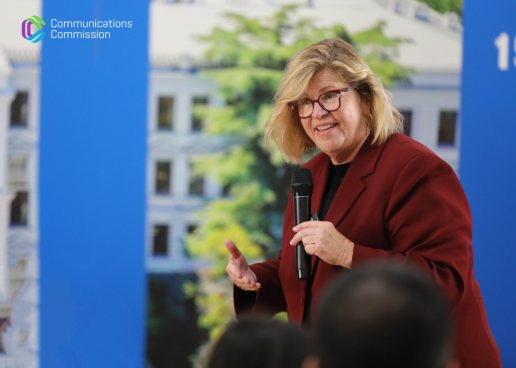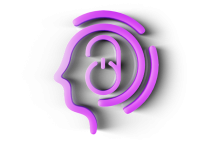Renee Hobbs: “Georgia has Made Progress with Regards to Media Literacy“

International media literacy expert, Professor Renee Hobbs assessed media literacy activities in Georgia as successful. In an interview with 42°Parallel, the expert spoke in detail about the importance of media literacy, highlighting the challenges facing the children, parents and teachers in this regard. “Georgia has made progress with regards to media literacy and tackling what we call the ‘fake new crisis’: the spreading of disinformation and Russian propaganda through systematic campaigns, using bots, trolls and all kinds of other mechanisms to infiltrate the human mind for persuasion purposes,” Professor Hobbs stated.
Renee Hobbs talked about the role and influence of the media in the development of adolescents and the formation of society as a whole, emphasising the importance of media literacy in dealing with challenges. “Media literacy is more than studying the problem of disinformation. Media affects every part of our lives. When we as parents are raising a child, the media acts as a very effective babysitter, doesn't it? Give the child a tablet and you are free for hours. However, we must admit that raising children with the help of the media carries numerous risks. Associated problems include attention deficit issues in children, as well as problems with self-esteem and formation of values. Further problems include the ability to make friends and establish social contact. A 15-year-old boy who only interacts with other children by playing video games is not pursuing a healthy development path. Parents and teachers acknowledge that the media offers great benefits and helps children develop effective communication skills, but there are harmful effects as well,” Renee Hobbs explained.
The professor also emphasised the need to deliver media literacy skills to the general public, and the importance of integrating media literacy into the education system. “We still routinely employ the approach that comes from the academic culture. As we went to university or college, we were taught that information has a hierarchy with literature at the top and media somewhere near the bottom. Many people who run educational institutions now have an arrogant view of mass information, which allows them to ignore YouTube influencers, creators of popular documentaries and bloggers. This does not constitute critical thinking about the media, but a very superficial attitude. A key part of our approach to teaching is overcoming this arrogance. People need to perceive quality as different branches of the same tree: there can be a quality comic, a quality meme, or a quality podcast. If we change the way we think about media quality, it will open up a lot more opportunities for lifelong learning. This is very important because schooling is only a tiny segment, while media literacy skills are for life.”
The Communications Commission invited the leading international media and digital literacy expert and author of 12 books, Professor Renee Hobbs, to Georgia for the Global Media and Information Literacy Week. During the visit, Professor Hobbs held public lectures for Georgian students, where she talked about the role and importance of media literacy for the democratic society against the background of political polarisation, as well as the current media literacy teaching trends across the world.










